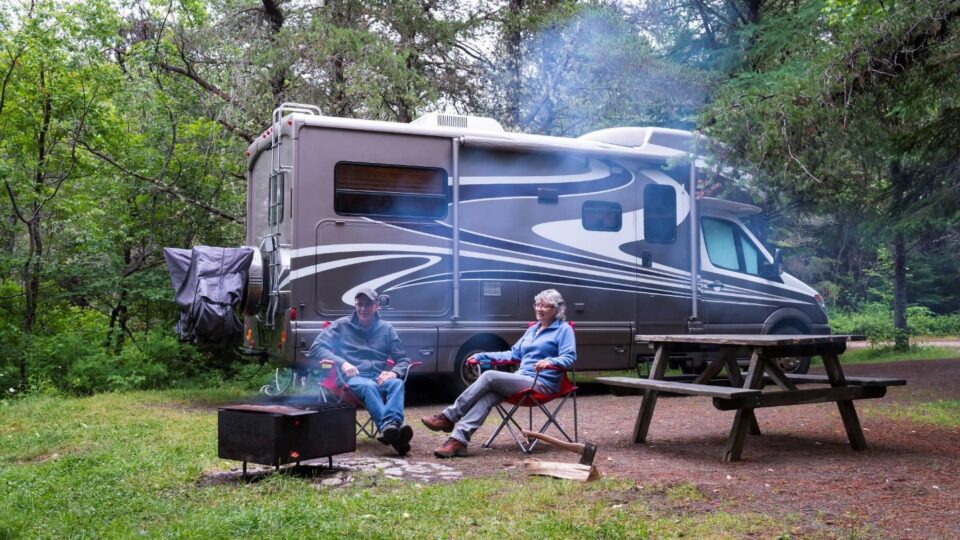
On the Road Again: Top Tips for Getting RV Insurance.
Planning your next adventure in a recreational vehicle (RV) is fun and exciting. Whether you’re exploring the picturesque landscapes of Nova Scotia or embarking on a cross-country journey, having the right insurance coverage for your RV is essential. In this blog post, we’ll discuss the key factors to consider when getting RV insurance, ensuring you are well-protected when you hit the road.
Types of RVs and Insurance Coverage
RVs come in various shapes and sizes, from motorhomes and travel trailers to campers and fifth wheels. Each type requires a different insurance policy to protect your investment adequately. Motorhomes, which have engines and can be driven independently, require specialized coverage that combines elements of auto and home insurance. On the other hand, travel trailers may need separate coverage since they are towed by a vehicle. Keep this in mind when you start looking into your insurance options.
Did you Know: You are not legally required to have RV insurance for travel trailers, tent trailers or fifth wheels. However, your trailer is a big investment, so you should protect it the same way you would your home or vehicle! As you might expect, insuring a motorhome is legally required.
Personal Liability Coverage
Liability coverage is a vital part of RV insurance. It provides financial protection in case you cause injury to others or damage their property while using your RV. Accidents can happen unexpectedly, so sufficient liability coverage will safeguard your assets and protect you from potential lawsuits. It’s crucial to evaluate your liability limits and ensure they adequately cover possible damages, medical expenses, and legal costs.
Comprehensive and Collision Coverage
Protecting your RV against physical damage is vital. Comprehensive coverage protects you from non-collision risks, such as theft, vandalism, fire, or weather-related damage. Collision coverage, on the other hand, covers repairs or replacement costs if your RV is involved in an accident. Considering the value of your RV and the potential risks it may encounter, comprehensive and collision coverage should be tailored to meet your needs.
Tip: Just like your car, roadside assistance is valuable coverage for your RV. Adding this coverage will provide reimbursement for emergency-related expenses while using your RV.
Personal Belongings, Contents and Attachments
When you hit the road in your RV, of course, you’ll bring personal belongings, such as clothes, electronics, camping equipment, and more. Ensuring that these items are covered in your insurance policy is essential in the event of theft or damage. Some insurance policies may also cover attached accessories, such as awnings or satellite dishes. Review your policy to understand the extent of coverage for your personal belongings and attachments and consider additional coverage if necessary.
Insuring Yourself for Full-Time RVing
You may require specialized insurance coverage if your RV becomes a permanent residence. Full-time RV insurance considers unique factors such as personal liability, medical payments, and loss of use coverage since your RV serves as your home. Discussing your plans with an experienced insurance broker will help you navigate the intricacies of full-time RVing insurance.
Bauld Insurance, Nova Scotia’s top-rated insurance broker, can help you get an RV insurance policy that is just right for you and your RV – whatever it may be. Making sure you have the right insurance coverage will give you the peace of mind you deserve. RVing is an adventure and a lot of fun. Our friendly and helpful insurance advisors will help you hit the road with confidence, knowing you’re well-protected every step of the way. Visit our RV Insurance web page to learn more, or contact us to discuss your insurance options.